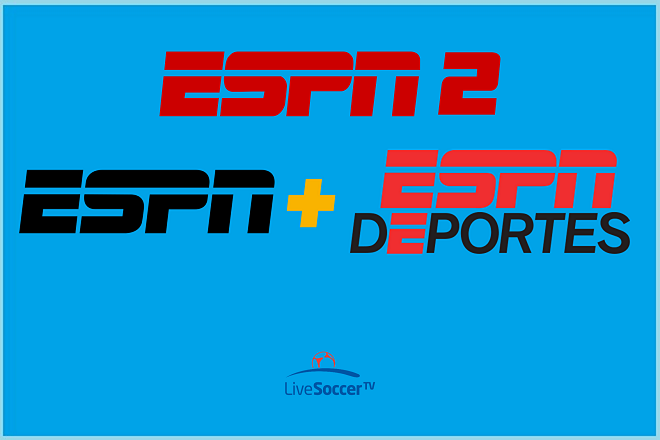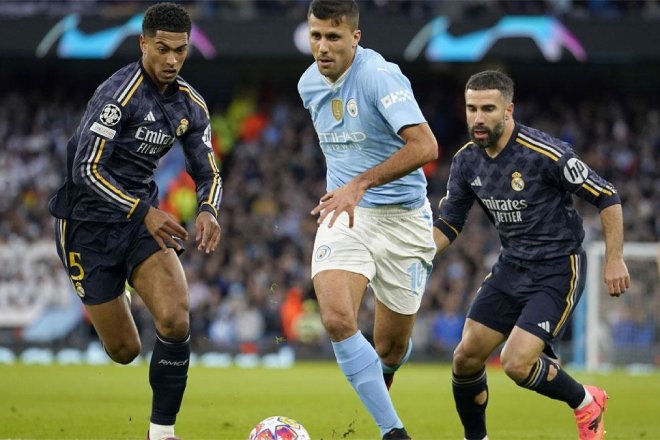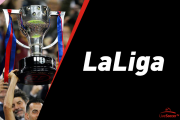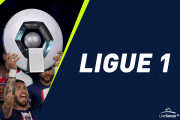Argentina and Barcelona’s Lionel Messi used HGH injections to treat a serious disease as a child. Debates related to football’s doping rules and Messi’s participation have eventually popped up again.
The world of sports was recently shaken by Lance Armstrong’s confession about drugs to enhance his performances. The cyclist is now seen as a fallen hero and a criminal in the eyes of many.
While cycling continues its fight against cheating, 2006 Tour de France winner Oscar Pereiro believes that doping is judged differently when it comes to football. Talking to Cadena Cope over the weekend, the Spanish athlete revealed:
“There was a player who had transfusions to improve their performance and is idolised today.”
Pereiro added a statement which seemed to refer to Lionel Messi’s childhood story:
“There was a player who used a growth hormone and is idolised today.”
As a child, Lionel Messi was actually diagnosed with growth hormone deficiency, an anomaly which could have prevented him from growing past 4 feet 7 inches in height according to doctors. At the time, La Pulga was in Argentina. Messi’s significant transfer to FC Barcelona came as a result of issues surrounding his health condition.
Argentine club River Plate missed out on Messi - then at Newell's Old Boys - as it was not willing to pay $900 each month to treat the promising player. Lionel Messi’s family and Barcelona eventually reached an agreement and the kid, now a four-time Ballon d’Or winner, received the treatment he needed.
Every day, 5 feet 7 inches tall man Messi – almost unanimously considered as the best dribbler in world football – would receive HGH injections in his legs.
During Barcelona’s historic 6-2 victory over Real Madrid in May 2009, the Argentina skipper paid tribute to victims of the Fragile X Syndrome by revealing a message on his underwear. Lionel Messi explained to the press afterward:
“I know how important it is to have a helping hand. In my childhood I had difficult times because of hormonal problems. If I hadn’t had support, I wouldn’t have been able to fulfil my dreams.”
Meanwhile, in a declaration susceptible of provoking never-ending debates, former Tour de France winner Oscar Pereiro concluded:
“If we give the same treatment to cyclists and to those in other sports, one is doped up to their eyeballs and the other is someone who works for their club.
“It's not about defending cycling and throwing s**t at other sports, but I wish you [the media] would give the same treatment to other sports when you recognize certain things.”
While FIFA fights to keep football free from match fixing and doping allegations, some may start calling for a re-evaluation of anti-doping rules. In the meantime, whether Lionel Messi’s participation in professional football should be seen as illegal or not is a delicate matter that has already divided football fans.
• You can contribute to this topic by sharing your opinion via a comment.
While cycling continues its fight against cheating, 2006 Tour de France winner Oscar Pereiro believes that doping is judged differently when it comes to football. Talking to Cadena Cope over the weekend, the Spanish athlete revealed:
“There was a player who had transfusions to improve their performance and is idolised today.”
Pereiro added a statement which seemed to refer to Lionel Messi’s childhood story:
“There was a player who used a growth hormone and is idolised today.”
As a child, Lionel Messi was actually diagnosed with growth hormone deficiency, an anomaly which could have prevented him from growing past 4 feet 7 inches in height according to doctors. At the time, La Pulga was in Argentina. Messi’s significant transfer to FC Barcelona came as a result of issues surrounding his health condition.
Argentine club River Plate missed out on Messi - then at Newell's Old Boys - as it was not willing to pay $900 each month to treat the promising player. Lionel Messi’s family and Barcelona eventually reached an agreement and the kid, now a four-time Ballon d’Or winner, received the treatment he needed.
Every day, 5 feet 7 inches tall man Messi – almost unanimously considered as the best dribbler in world football – would receive HGH injections in his legs.
During Barcelona’s historic 6-2 victory over Real Madrid in May 2009, the Argentina skipper paid tribute to victims of the Fragile X Syndrome by revealing a message on his underwear. Lionel Messi explained to the press afterward:
“I know how important it is to have a helping hand. In my childhood I had difficult times because of hormonal problems. If I hadn’t had support, I wouldn’t have been able to fulfil my dreams.”
Meanwhile, in a declaration susceptible of provoking never-ending debates, former Tour de France winner Oscar Pereiro concluded:
“If we give the same treatment to cyclists and to those in other sports, one is doped up to their eyeballs and the other is someone who works for their club.
“It's not about defending cycling and throwing s**t at other sports, but I wish you [the media] would give the same treatment to other sports when you recognize certain things.”
While FIFA fights to keep football free from match fixing and doping allegations, some may start calling for a re-evaluation of anti-doping rules. In the meantime, whether Lionel Messi’s participation in professional football should be seen as illegal or not is a delicate matter that has already divided football fans.
• You can contribute to this topic by sharing your opinion via a comment.
























